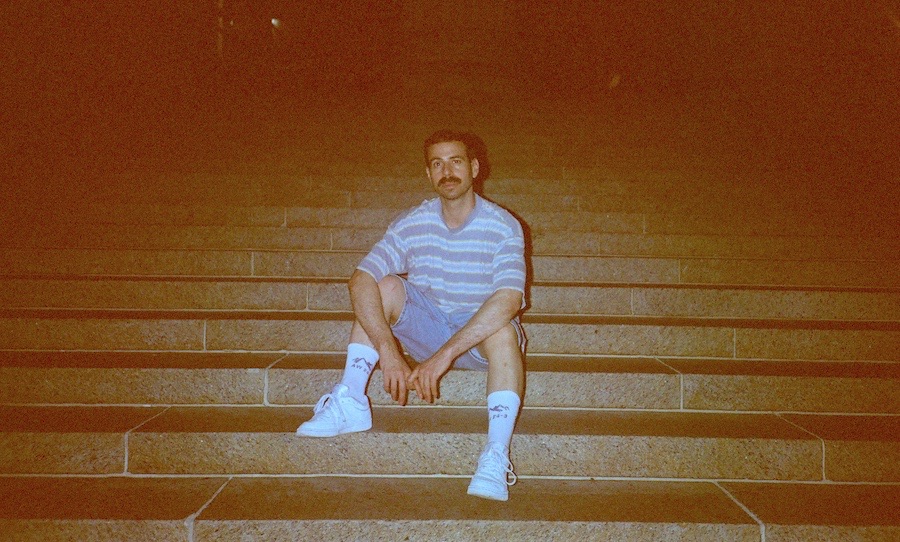Neil Friedlander’s ‘The Change’ is a witty, wistful, and ultimately hopeful journey to sobriety and self-love.
On his aptly titled third album, The Change, Brooklyn-based artist Neil Friedlander masterfully transforms personal catharsis into a universally resonant indie pop journey.
Known for his previous work’s 1980s aesthetic, Friedlander here embraces a fresh, pastel-hued sonic palette, guided by award-winning producer Chris Camilleri.

The result is a collection that feels both breezy and deeply substantial, a chronicle of two pivotal years where the artist found sobriety, moved homes, and finally released the ghost of a past love.
Friedlander’s skills as a wordsmith and an emotional cartographer are on full display.
His songwriting, which he describes as both reflective and journalistic, paints vivid pictures of New York City’s changing seasons and his own inner landscape.
Tracks like the lead single, ‘Future Life,’ exemplify this brave introspection. Inspired by the film Past Lives, the piano-driven ballad, embroidered with stately cello, grapples with a doomed romance with a tone of wide-eyed optimism and witty irreverence.
The painfully relatable lyric, “Even though you’re blocked on Instagram, and I / Pretend I don’t give a damn, I do,” showcases his unique blend of sassy wit and raw vulnerability.
This balance is the album’s core strength. The production, Camilleri’s “beaches and guitars” vision, provides a warm, inviting backdrop that never overshadows Friedlander’s luxurious, longing vocals or poetic construction.
Guest musicians add rich textures, from elegant strings to subtle percussive touches, creating a sound that feels lush yet intimate.
View this post on Instagram
The album flows from moments of quiet reflection to bursts of optimistic clarity, mirroring the uneven but hopeful path of self-discovery.
The Change is a document of healing. Friedlander admits these songs told him things he wasn’t ready to hear, acting as a compass when he was lost.
For the listener, it’s a privilege to be guided by that same compass, a beautifully crafted, courageously open work that proves the most personal art is often the most powerful.



